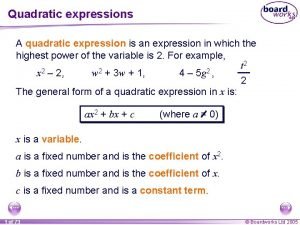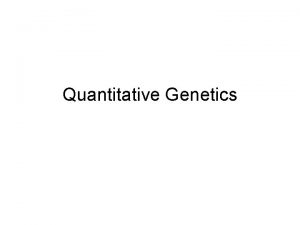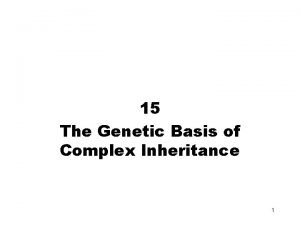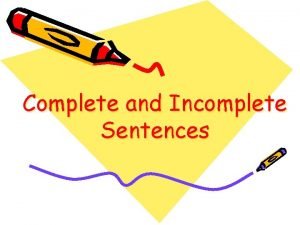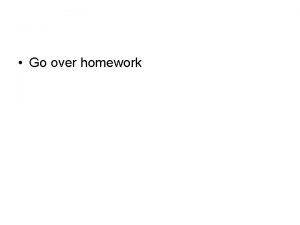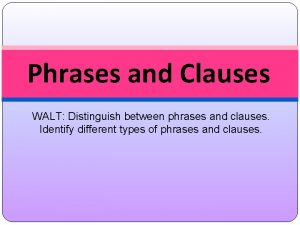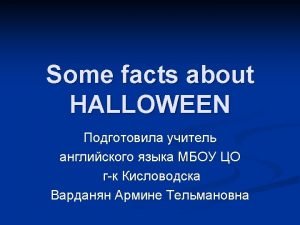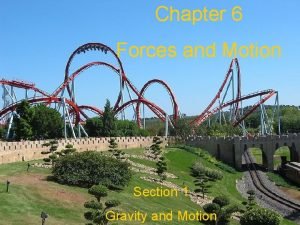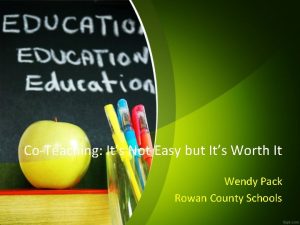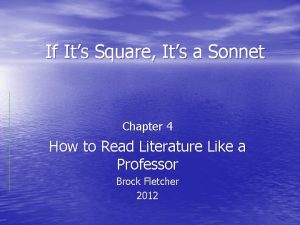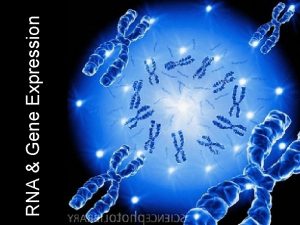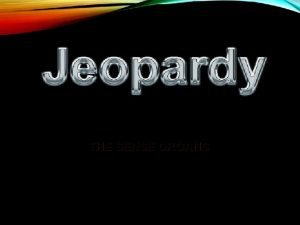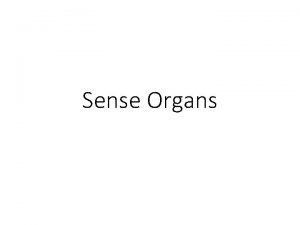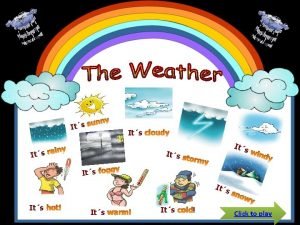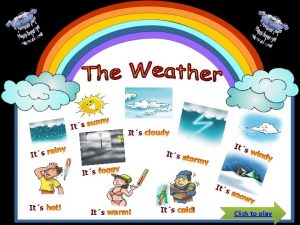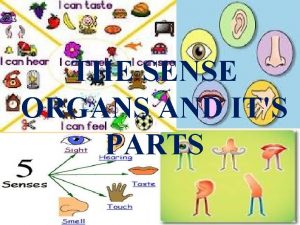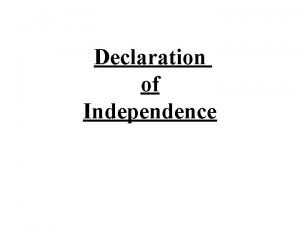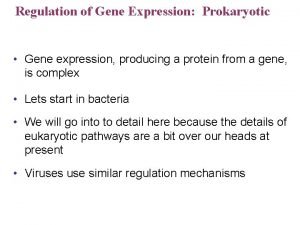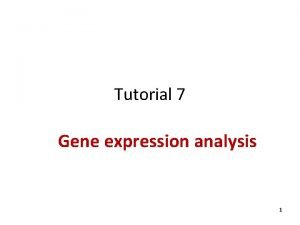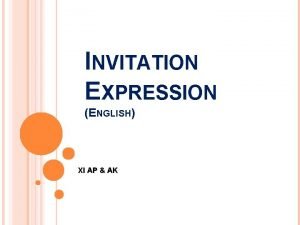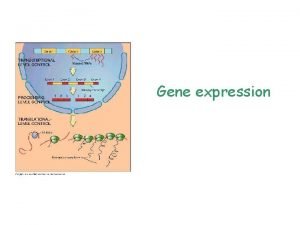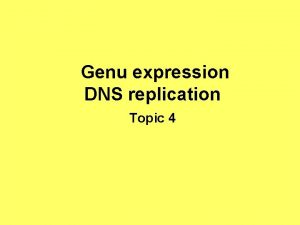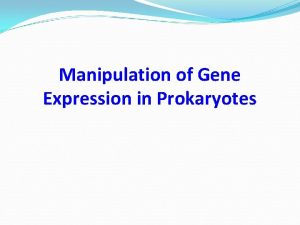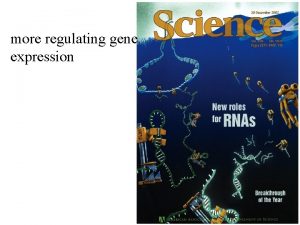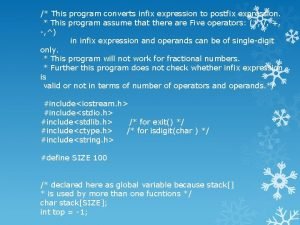Sense The SENSE of an expression is its


















- Slides: 18

Sense The SENSE of an expression is its place in a system of semantic relationships with other expressions in the language. The first of these semantic relationships is SAMENESS OF MEANING, especially the senses of words in context:

Sense Say whether the pairs of words in the curly brackets in the sentences below have approximately the same meaning (S) or a different meaning (D). (1) I (almost / nearly) fell over (2) It is (likely / probable) that Raymond will be here tomorrow (3) Your gatepost doesn’t seem to be quite (vertical / upright) (4) He painted the fireplace (aquamarine / vermilion) (5) I’ll see you on (Wednesday / Thursday)

Sense We can talk about the sense, not only of words, but also of longer expressions such as phrases and sentences. Intuitively, do the following pairs mean the same or nearly the same thing? (1) Rupert took off his jacket Rupert took his jacket off Yes / No (2) Harriet wrote the answer down Harriet wrote down the answer Yes / No (3) Bachelors prefer redheads Girls with red hair are preferred by unmarried men Yes / No

Sense In some cases, the same word can have more than one sense. Does the word bank have the same meaning in the following sentence pairs? (1) I have an account at the Bank of Scotland We steered the raft to the other bank of the river Yes / No (2) The DC-10 banked sharply to avoid a crash I banked the furnace up with coke last night Yes / No

Sense One sentence can have different senses too: -Write down two sentences bringing out clearly the two different meanings of: The chicken is ready to eat. He greeted the girl with a smile. He turned over the field.

Sense vs Reference On the relationship between sense and reference: the referent of an expression is often a thing or a person in the world; the sense of an expression is not a thing at all. In fact, it is difficult to say what sort of entity the sense of an expression is. Intuitively, it is sometimes useful to think of sense as that part of the meaning of an expression that is left over when reference is factored out. It is much easier to say whether or not two expressions have the same sense.

Sense vs Reference Every expression that has meaning has sense, but not every expression has reference. Do the following words refer to things in the world? (1) almost Yes / No (2) Probable Yes / No (3) and Yes / No (4) if Yes / No (5) above Yes / No

Sense vs Reference (1) When you look up the meaning of a word in a dictionary, what do you find there, its referent, or an expression with the same sense? (2) Is a dictionary full of words or full of things, like a box or a sack? (3) Could a foreigner learn the meanings of his very first words of English by having their typical referents pointed out to him? Yes / No (4) Could a foreigner learn the meanings of his very first words of English by looking them up in an English dictionary? Yes / No

Sense There is something grammatically complete about a whole sentence, as opposed to a smaller expression such as a phrase or a single word, there is something semantically complete about a proposition, as opposed to the sense of a phrase or single word. One might say, roughly, that a proposition corresponds to a complete independent thought.

Reference and Sense Are the senses of the following expressions propositions? (1) Johnny has got a new teacher Yes / No (2) A new teacher (not understood as an elliptical sentence-fragment) Yes / No (3) Johnny (not understood as an elliptical sentencefragment) Yes / No (4) This is the house that Jack built Yes / No

Sense Expressions in different languages may have the same sense: (1) Do mam Zorab rideni trashi and uncle Zorab shaved his beard express the same proposition? Yes / No (2) Do the two sentences in (1) have the same sense? Yes / No (3) Do the expressions rideni trashi and shaved his beard have the same sense? Yes / No (4) Does Peyawi be zhin have the same sense as an unmarried man? Yes / No

Sense Just as one can talk of the same sense in different languages, so one can talk of expressions in different dialects of one language as having the same sense. (1) Do pavement in British English and sidewalk in American English have the same sense? Yes / No (2) Do pal and chum have the same sense? Yes / No (3) Can expressions with entirely different social connotations have the same sense? For example, can the following have the same sense? People walking in close spatio-temporal proximity People walking near each other Yes / No

Reference Both referring and uttering are acts performed by particular speakers on particular occasions. Imagine that a friend of yours says to you, ‘John is putting on weight these days’, and imagine that a friend of ours (i. e. the authors of this book) happens to utter the same sentence to us one day. (1) Would this be a case of one utterance or two? (2) Would the John referred to be the same John or two different Johns?

Reference In the two separate utterances above, there are two separate acts of referring. In fact, most utterances contain, or are accompanied by, one or more acts of referring. An act of referring is the picking out of a particular referent by a speaker in the course of a particular utterance. the concept of reference is fundamentally related to utterances, in that acts of reference only actually happen in the course of utterances,

Reference In the two separate utterances above, there are two separate acts of referring. In fact, most utterances contain, or are accompanied by, one or more acts of referring. An act of referring is the picking out of a particular referent by a speaker in the course of a particular utterance. the concept of reference is fundamentally related to utterances, in that acts of reference only actually happen in the course of utterances,

Reference What is intended by the word mean, meaning, etc. in the following examples, reference (R) or sense (S)? (1) When Helen mentioned ‘the fruit cake’, she meant that rock-hard object in the middle of the table R/S (2) When Albert talks about ‘his former friend’ he means me R / S (3) Daddy, what does unique mean? R/S (4) Purchase has the same meaning as buy R/S (5) Look up the meaning of apoplexy in your dictionary R/S (6) If you look out of the window now, you’ll see who I mean R / S

Match the examples with the concepts 1. the Evening Star / the Morning Star 2. the President of the United States / the Commander-in. Chief / the Leader of the Republican Party 3. He turned over the field 4. The planet Mars 5. Smoking grass can be dangerous A. a sentence with two senses (ambiguous) B. Constant/invariable reference C. Various expressions having one referent

Match the examples with the concepts 1. the Evening Star / the Morning Star 2. the President of the United States / the Commander-in. Chief / the Leader of the Republican Party 3. Visiting relatives can be boring 4. The planet Mars 5. Smoking grass can be dangerous A. a sentence with two senses (ambiguous) B. Constant/invariable reference C. Various expressions having one referent 7, 8 = C ; 9, 11=A 10=B
 Quadratic formula
Quadratic formula Dominant genetic variance
Dominant genetic variance Narrow sense heritability vs broad sense heritability
Narrow sense heritability vs broad sense heritability Complete the sentences
Complete the sentences To replace an expression with its simplest name or form
To replace an expression with its simplest name or form Difference between phrase and clause
Difference between phrase and clause Its halloween its halloween the moon is full and bright
Its halloween its halloween the moon is full and bright When a train increases its velocity its momentum
When a train increases its velocity its momentum Its not easy but its worth it
Its not easy but its worth it Sunny cloudy rainy windy
Sunny cloudy rainy windy If its a square it's a sonnet summary
If its a square it's a sonnet summary The emigree annotations
The emigree annotations Sự nuôi và dạy con của hươu
Sự nuôi và dạy con của hươu đại từ thay thế
đại từ thay thế Quá trình desamine hóa có thể tạo ra
Quá trình desamine hóa có thể tạo ra Vẽ hình chiếu vuông góc của vật thể sau
Vẽ hình chiếu vuông góc của vật thể sau Công thức tiính động năng
Công thức tiính động năng Tỉ lệ cơ thể trẻ em
Tỉ lệ cơ thể trẻ em Thế nào là mạng điện lắp đặt kiểu nổi
Thế nào là mạng điện lắp đặt kiểu nổi
